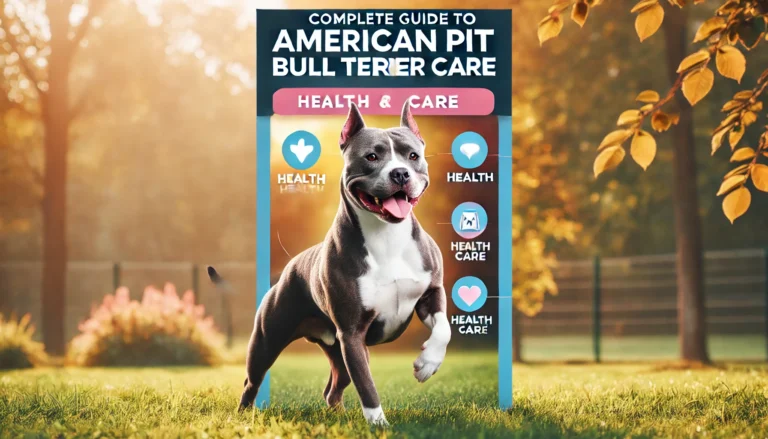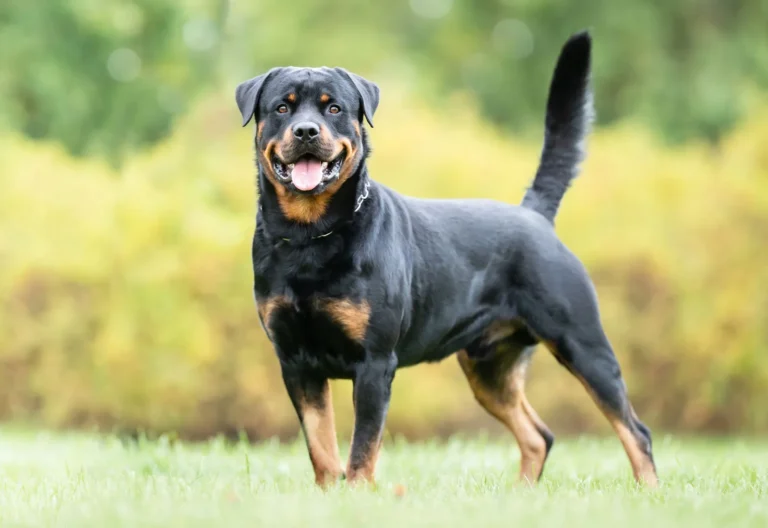Boxer Dog Breed Health and Care: A Complete Guide

The Boxer is a medium to large dog breed that embodies a powerful physique and a robust personality. Known for their playful spirit and boundless energy, Boxers are a popular choice for families due to their protective nature and affinity for children. This comprehensive guide delves into every aspect of Boxer dog breed health and care, integrating an extensive array of keywords to offer a complete overview of managing their well-being.

Understanding the Boxer Dog Breed
Origin and History
Originally from Germany, the Boxer was bred from the now extinct Bullenbeisser and the Bulldog. The breed was developed in the late 19th century, primarily for hunting and later, dog fighting, which explains their muscular build and agile movements. Today, Boxers are celebrated for their loyalty and are often employed in search and rescue missions, as well as police and military roles.
Physical Characteristics
Boxers are known for their distinctive appearance:
- Size and Weight: Male Boxers typically stand about 23 to 25 inches at the shoulder, weighing between 65-80 pounds. Females are slightly smaller, usually weighing between 50-65 pounds and standing about 21.5 to 23.5 inches tall.
- Coat and Colors: The Boxer’s smooth coat comes primarily in fawn and brindle, often with charming white markings and a striking black mask. The coat is tight-fitting and sheds moderately.
- Head and Body: They have a broad, square head with a short, blunt muzzle, known as brachycephalic, which makes them prone to certain health issues. Their body is compact and muscular, reflecting their strength and agility.
Temperament
Boxers are renowned for their vibrant energy and playful disposition, which persists well into adulthood. They are intelligent, alert, and fearless, making them excellent guard dogs. Despite their daunting appearance, Boxers are known as affectionate pets that are good with kids, often protective of their families.
Health and Longevity
Common Health Concerns
Boxers are generally healthy, but like all breeds, they are prone to certain health conditions:
- Cardiac Issues: Conditions like aortic stenosis and boxer cardiomyopathy are common in the breed.
- Cancer: Boxers have a higher predisposition towards cancers such as lymphoma and mast cell tumors.
- Hip Dysplasia: A malformation of the hip joint that can cause pain and arthritis.
- Hypothyroidism: Low thyroid hormone production can lead to lethargy, weight gain, and fur issues.
- Brachycephalic Syndrome: Their short noses can lead to breathing problems, especially under stress or in hot weather.
Life Expectancy
The life expectancy of a Boxer is typically 10 to 12 years. Factors such as diet, exercise, and genetics play a crucial role in determining their lifespan.

Care Essentials
Nutrition
Feeding your Boxer a balanced diet tailored to their age, weight, and energy level is crucial. High-quality dog food that supports their muscular build and energy requirements is recommended. Be mindful of the quantity to avoid obesity, especially since Boxers are prone to heart conditions.
Exercise and Training
Boxers require regular exercise to manage their energy levels and maintain health. Activities like running, fetching, and agility training can help keep them physically and mentally stimulated. They are intelligent and respond well to positive reinforcement training methods, although they can sometimes be stubborn.
Grooming
Boxers are relatively low-maintenance in terms of grooming. Weekly brushing and occasional baths are sufficient to keep their coat healthy. Regular checks and cleaning of their ears are important due to their folded nature, which can trap dirt and lead to infections.
Special Considerations
Living Conditions
Boxers are adaptable to both house and apartment living as long as they have sufficient space to move around and access to regular exercise. They should not be left outside for long periods, especially in extreme weather, due to their short coat and brachycephalic features.
Health Screenings
Regular veterinary check-ups are essential for Boxers. Health screenings for heart conditions, hip evaluations, and thyroid tests can help catch and manage potential issues early.
do you know?
When your furry friend starts showing signs of bloody diarrhea, it can be a distressing experience. Bloody diarrhea in dogs, medically known as hematochezia or melena depending on the blood’s appearance, is not a disease itself but a symptom of various underlying conditions, some of which require immediate medical attention. Understanding the causes, identifying the symptoms, and knowing when to visit your vet are crucial steps in effectively addressing this alarming sign.
Conclusion
Boxers are more than just pets; they are loyal companions, protectors, and part of the family. Understanding and catering to their specific needs can ensure they lead a full and active life. Regular veterinary care, appropriate diet, sufficient exercise, and plenty of love and attention are all key to keeping your Boxer healthy and happy. Whether you have a playful puppy or a dignified adult, a Boxer’s love and devotion are bound to enrich your life immensely.
Do Boxer dogs smell?
Boxer dogs do not have a strong odor compared to some other breeds, but like all dogs, they can develop a smell if not properly groomed.
Are Boxer dogs expensive?
The cost of Boxer dogs can vary, but they are generally moderately expensive due to feeding, healthcare, and potential breeding costs. Puppies typically range from $700 to $2,500.
Is a Boxer dog a good family dog?
Yes, Boxers are excellent family dogs. They are known for their loyalty, protective nature, and love for children.
Is Boxer dog friendly?
Yes, Boxers are generally friendly and sociable with both humans and other dogs, especially when socialized from a young age.
Can Boxers be left alone?
Boxers can experience separation anxiety and may not do well if left alone for long periods. They thrive on interaction and companionship.
What is the cheapest dog?
The cheapest dogs are often found in shelters or rescues, where adoption fees can be minimal, often covering basic medical expenses only.
What is the cutest dog breed?
Perceptions of cuteness vary widely; popular choices often include breeds like French Bulldogs, Pomeranians, and Golden Retrievers.
What is the world’s most expensive dog?
The Tibetan Mastiff is known for being one of the most expensive dogs, with some specimens sold for millions of dollars.
What is the smartest dog?
Border Collies are widely regarded as the smartest dog breed due to their ability to learn commands quickly and adapt to a variety of tasks.
Which dog is very rich?
In terms of assets, Gunther VI, a German Shepherd, is often cited as one of the richest dogs in the world, having inherited a substantial trust.






